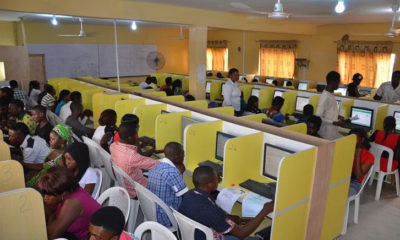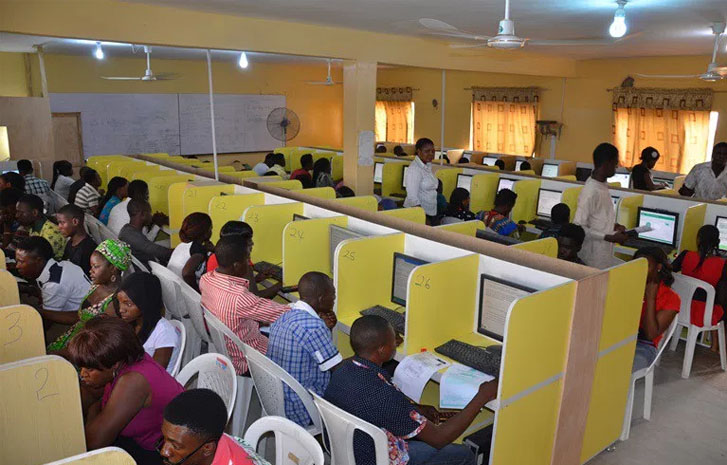The federal government has approved a sum of N400 million each to boost internet connection in Obafemi Awolowo University, University of Lagos, University of Ilorin, and 14 other institutions across the country.
The approval which was disclosed by the Minister of Communications and Digital Economy, Prof. Isa Pantami, is aimed to increase broadband penetration in Nigeria.
Investors King understands that this is in addition to the agreement which the ministry sighed with top tech company, Microsoft to train 5 million Nigerians on high-demand digital skills.
Speaking during the award of the contracts letters in Abuja, Pantami noted that Nigeria is on course to achieve 70 percent broadband penetration by 2025.
While highlighting the benefits of the broadband project to include improving the quality of education and overall growth of the beneficiary institutions, the minister stated that three higher institutions were selected from each geo-political zone of the country.
On the list of beneficiary institutions include Obafemi Awolowo University, Ile-Ife; University of Lagos and University of Ilorin, University of Nigeria, Nsukka; Federal University of Technology, Owerri; Nnamdi Azikiwe University, Awka; University of Calabar; University of Benin; and the University of Port Harcourt.
Others are Ahmadu Bello University, Zaria; Bayero University, Kano; Umaru Musa Yar’Adua University, Katsina; Borno State University; Abubakar Tafawa Balewa University, Bauchi; Gombe State University; Federal University of Technology, Minna; University of Ilorin; University of Abuja; and College of Education (Special), Ibadan.
In the same development, Pantami added that 20 markets, 3 each from the six geo-political zones will also benefit from the broadband projects.
The markets include the famous computer village In Lagos, the highly patronised Wuse market in Abuja; Bodija Market in Ibadan, Kantin Kwari Market, Kano; Central Market, Lafia, Nasarawa State; Mandate Market, Ilorin; Jos Main Market, Plateau State; Jimeta Central Market, Yola; New Market, Gombe.
Others are Oja Oba, Akure, Ondo State; Kuto, Abeokuta, Ogun State; Ariaria International Market, Aba, Abia State; International Modern Market, Owerri, Imo State; Main Market, Onitsha, Anambra State; Watt Market, Calabar, Cross River; Oba Market, Benin, Edo State; and Swali Market, Yenegoa, Bayelsa State.

 Billionaire Watch2 weeks ago
Billionaire Watch2 weeks ago
 Startups4 weeks ago
Startups4 weeks ago
 News4 weeks ago
News4 weeks ago
 News4 weeks ago
News4 weeks ago
 Bitcoin4 weeks ago
Bitcoin4 weeks ago
 Naira4 weeks ago
Naira4 weeks ago
 Forex3 weeks ago
Forex3 weeks ago
 Treasury Bills4 weeks ago
Treasury Bills4 weeks ago






















